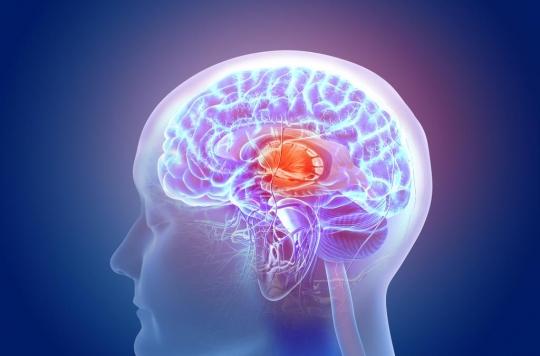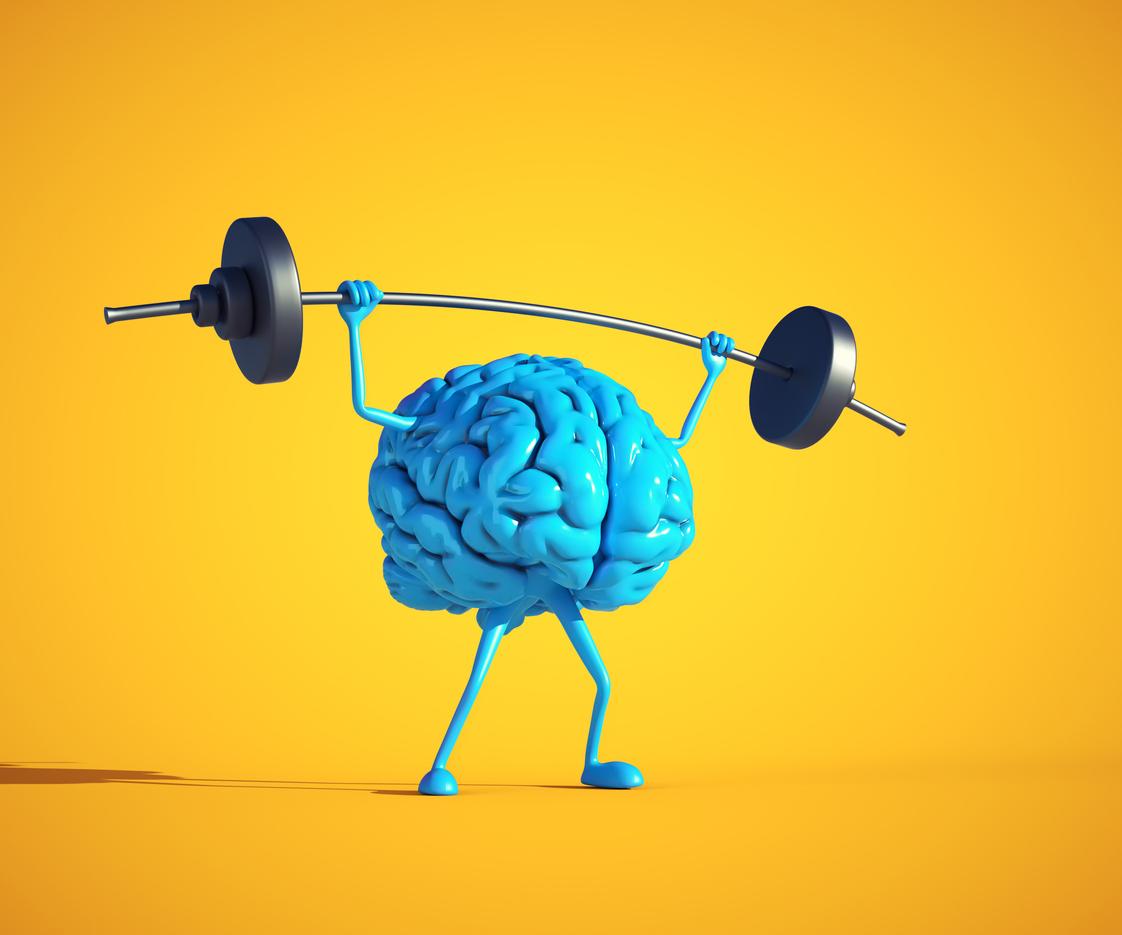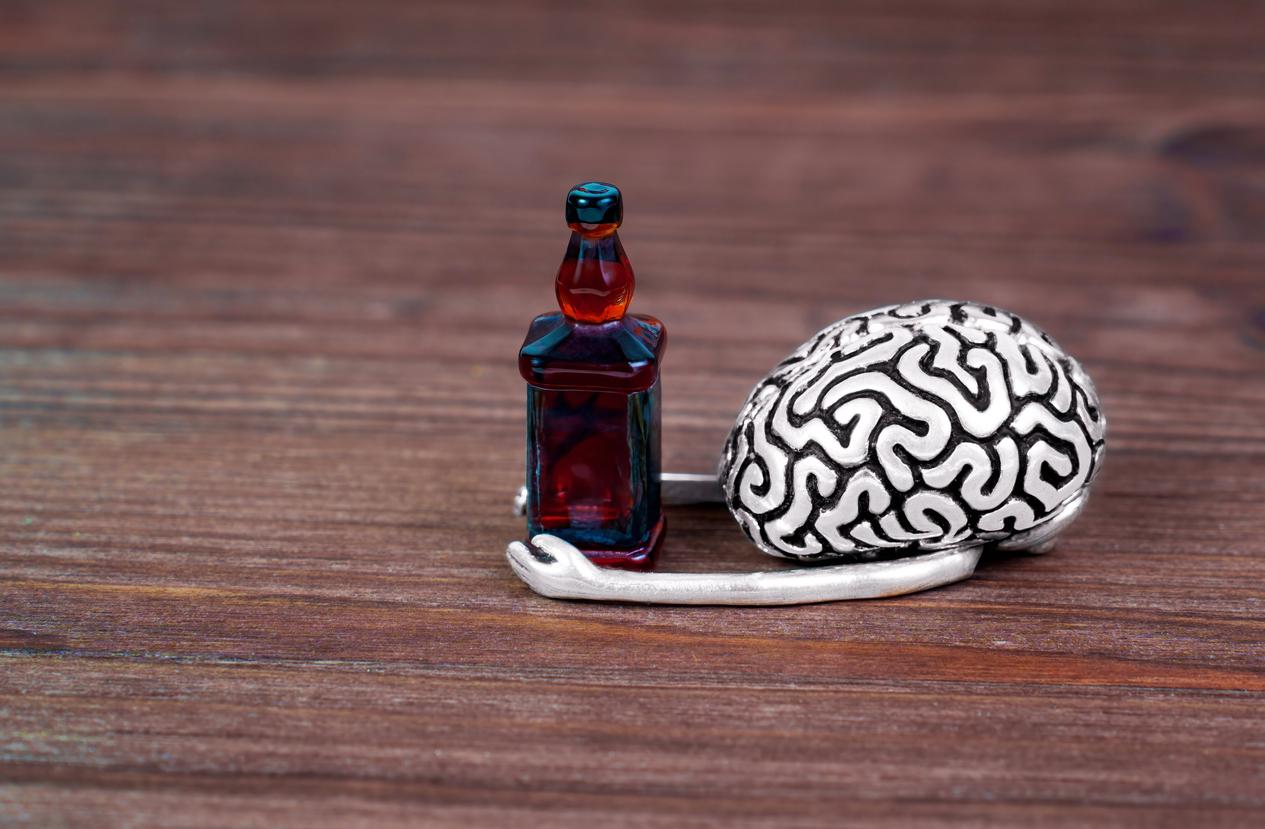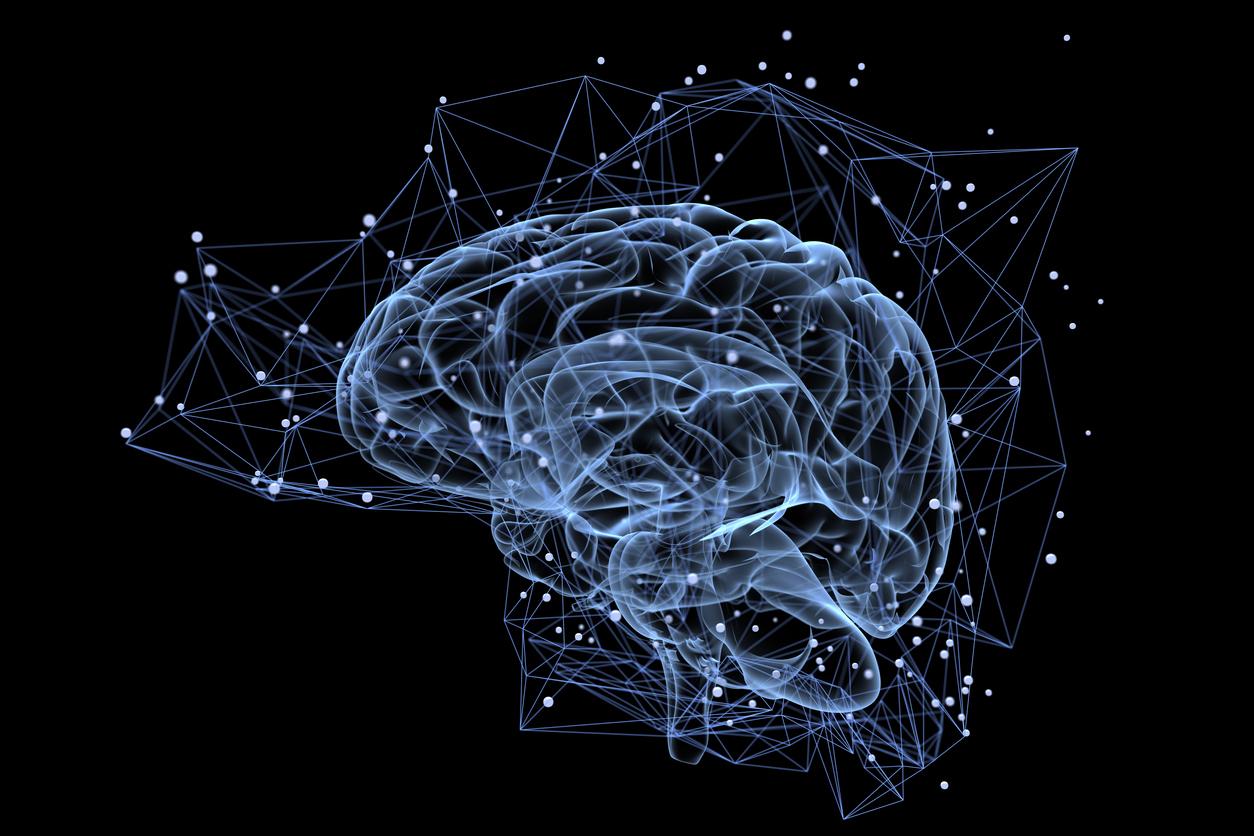A new study shows that women who take oral contraceptives have a notable difference from those who do not take the pill: their hypothalamus is much smaller.

Does the birth control pill have adverse effects on the brains of women who take it?
This is what suggests a study conducted by the Gruss Magnetic Resonance Research Center of the Albert Einstein Medical University in New York (United States), and presented at the annual meeting of the Radiological Society of North America (RSNA). According to its authors, women who take the pill have a much smaller volume of their hypothalamus than those who do not take this oral contraceptive.
The hypothalamus, key area of the brain
Located at the base of the brain, just above the brainstem, the hypothalamus produces hypothalamic neurohormones, which in turn stimulate or inhibit pituitary hormone secretion. It is thus involved in the regulation of several essential bodily functions such as thermoregulation, libido, mood, appetite, circadian rhythm or even heart rate.
Until now, no study had looked at the effects of birth control pills on the sex hormones secreted by the hypothalamus. “There is a lack of research on the effects of oral contraceptives on this small but essential part of the living human brain,” says Dr. Michael Lipton, professor of radiology at the Gruss Magnetic Resonance Research Center and medical director of MRI services at the Montefiore Medical Center in New York. “We validated methods for assessing hypothalamic volume and confirmed, for the first time, that current use of oral contraceptive pills is associated with lower hypothalamic volume.”
A risk of depression
To reach this conclusion, the researchers recruited a group of 50 healthy women, 21 of whom were on the pill. All participants underwent brain MRI to measure the volume of their hypothalamus.
“We found a significant difference in the size of brain structures between women who took oral contraceptives and those who did not, says Michael Lipton. This first study shows a strong association and should motivate further research into the effects of birth control pills on brain structure and their potential impact on brain function.”
Other results that the researchers consider “preliminary” also show that a lower volume of the hypothalamus is generally associated with greater anger and depressive symptoms. However, the study found no significant correlation between hypothalamic volume and cognitive performance.

.

















